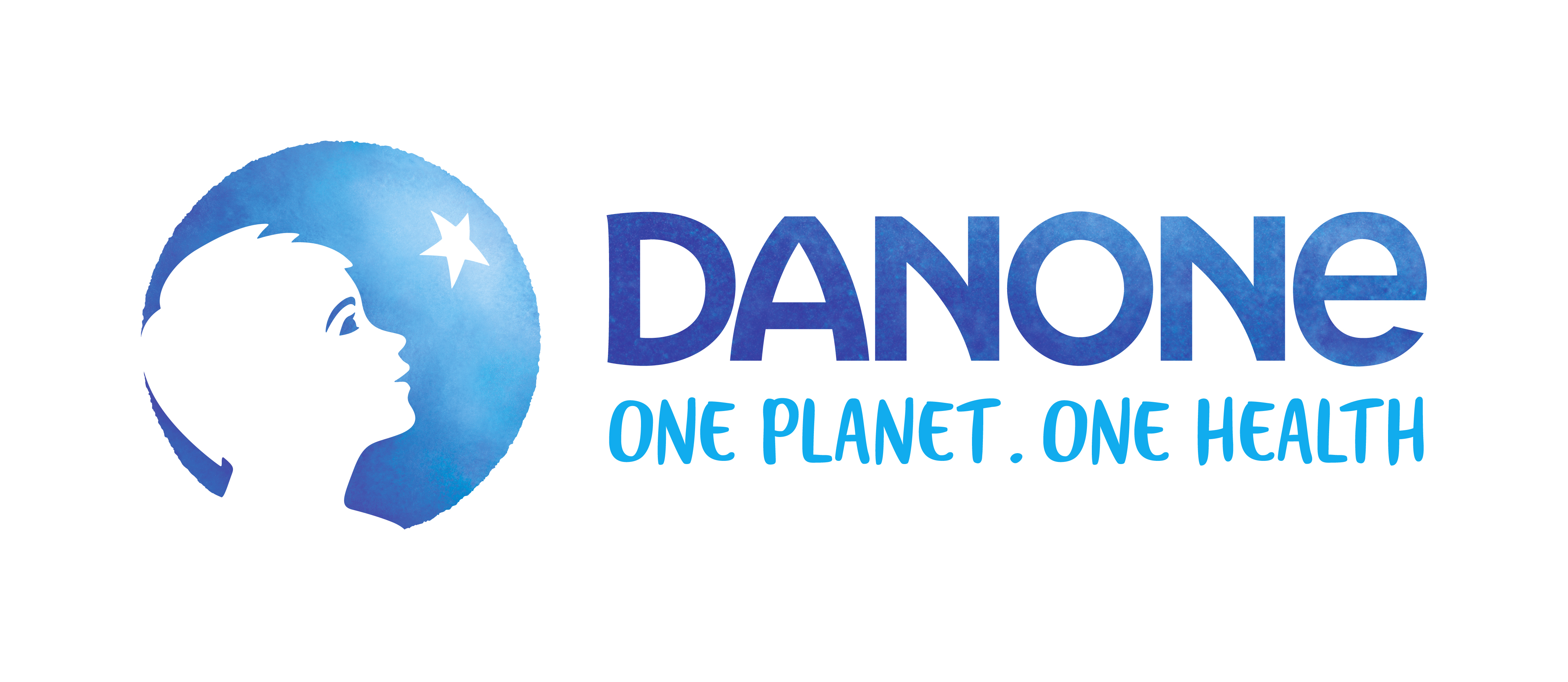

Nutricia International Private Limited (Danone India)

Maharashtra, India
December 2023
Food products
Manufacturing
India
Danone est une entreprise leader de l’alimentation, qui opère dans trois catégories en forte croissance et axées sur la santé à travers les Produits laitiers et d’origine végétale, les Eaux et la Nutrition Spécialisée. Fort de sa mission de longue date consistant à apporter la santé par l'alimentation au plus grand nombre, Danone vise à inspirer des pratiques alimentaires et de consommation plus saines et plus durables, tout en s'engageant à avoir un impact nutritionnel, social, sociétal et environnemental mesurable. Danone a défini sa stratégie Renew afin de restaurer croissance, compétitivité et création de valeur sur le long terme. Avec plus de 100 000 salariés et des produits vendus dans plus de 120 pays, Danone a réalisé un chiffre d'affaires de 27.7 milliards d'euros en 2022. Le portefeuille de Danone comprend des marques internationales (Actimel, Activia, Alpro, Aptamil, Danette, Danio, Danonino, evian, Nutricia, Nutrilon, Volvic, entre autres) ainsi que des marques locales et régionales fortes (notamment AQUA, Blédina, Bonafont, Cow & Gate, Mizone, Oikos et Silk). Cotée sur Euronext Paris et présente sur le marché OTCQX via un programme d'ADR (American Depositary Receipt), Danone est classée dans les principaux indices de développement durable, dont ceux gérés par Moody’s
Overall B Impact Score
Governance 17.5
Governance evaluates a company's overall mission, engagement around its social/environmental impact, ethics, and transparency. This section also evaluates the ability of a company to protect their mission and formally consider stakeholders in decision making through their corporate structure (e.g. benefit corporation) or corporate governing documents.
What is this? A company with an Impact Business Model is intentionally designed to create a specific positive outcome for one of its stakeholders - such as workers, community, environment, or customers.
Workers 28.9
Workers evaluates a company’s contributions to its employees’ financial security, health & safety, wellness, career development, and engagement & satisfaction. In addition, this section recognizes business models designed to benefit workers, such as companies that are at least 40% owned by non-executive employees and those that have workforce development programs to support individuals with barriers to employment.
Community 15.2
Community evaluates a company’s engagement with and impact on the communities in which it operates, hires from, and sources from. Topics include diversity, equity & inclusion, economic impact, civic engagement, charitable giving, and supply chain management. In addition, this section recognizes business models that are designed to address specific community-oriented problems, such as poverty alleviation through fair trade sourcing or distribution via microenterprises, producer cooperative models, locally focused economic development, and formal charitable giving commitments.
Environment 21.7
Environment evaluates a company’s overall environmental management practices as well as its impact on the air, climate, water, land, and biodiversity. This includes the direct impact of a company’s operations and, when applicable its supply chain and distribution channels. This section also recognizes companies with environmentally innovative production processes and those that sell products or services that have a positive environmental impact. Some examples might include products and services that create renewable energy, reduce consumption or waste, conserve land or wildlife, provide less toxic alternatives to the market, or educate people about environmental problems.
Customers 4.4
Customers evaluates a company’s stewardship of its customers through the quality of its products and services, ethical marketing, data privacy and security, and feedback channels. In addition, this section recognizes products or services that are designed to address a particular social problem for or through its customers, such as health or educational products, arts & media products, serving underserved customers/clients, and services that improve the social impact of other businesses or organizations.